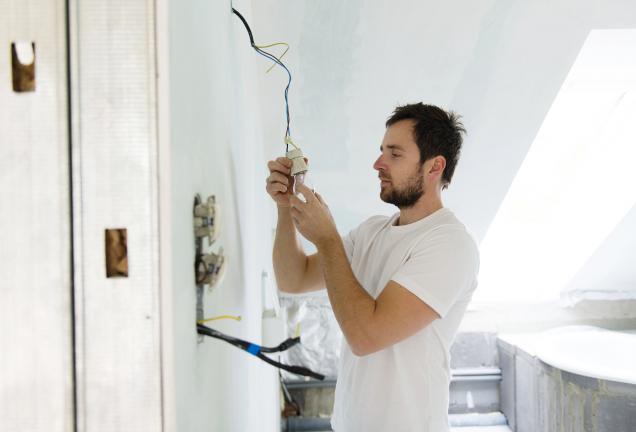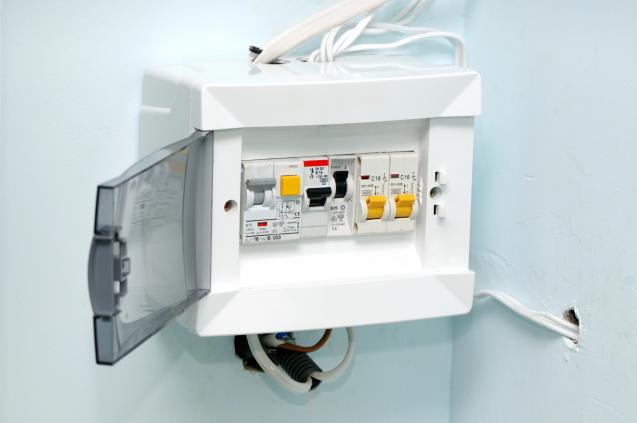
Understanding the Importance of Regular Plumbing Inspections
The Essentials of Plumbing Systems In Homes
To comprehend the implications of regular inspections, it's vital to understand a plumbing system's layout and function. A household plumbing structure is composed of various elements like water supply pipes, drainage pipes, faucets, and fixtures. Together, they form a well-coordinated network that keeps the home functioning. Water supply pipes play an instrumental role in delivering purified water across rooms, right from kitchen faucets to bathroom showers. Conversely, the drainage pipes are designed to efficiently expel waste and surplus water, ensuring sanitisation.
The intrinsic complexity of these systems makes them vulnerable to varied issues that can disrupt their operation if not attended to promptly. Each component, in its capacity, contributes to the efficient functioning of the system, with even minor malfunctions being capable of triggering a cascade of problems.
The Various Plumbing Issues That Can Arise
Plumbing problems can range from inconspicuous, gradual issues like minor leaks to more conspicuous and immediate concerns like significant pipe clogs. These problems are not simply a nuisance; they pose serious threats to both the integrity of the plumbing system and the home itself. Leaks, for instance, over time can lead to water damage, staining, and potential mould growth. Major clogs can cause backups and overflows that could lead to wide-scale damage to your property.
Negligence worsens these problems, leading to escalated challenges that entail massive repair work or complete replacements. Thus, proactive detection and rectification become all the more critical. Regular inspections serve as an ideal method to identify and address issues in their infancy and prevent them from morphing into full-blown quandaries.
What Does a Plumbing Inspection Entail?
In a thorough plumbing inspection, the entire system undergoes an extensive check—this includes everything from pipes, fixtures, to water heaters. Professionals use specialised equipment, such as pipe cameras for visual internal inspection and moisture metres to detect leaks behind walls or under flooring. The inspection focuses on two broad aspects: examining the water supply lines for leaks and assessing the water pressure.
Further, detailed scrutiny is given to sewage and drainage lines to detect any possible blockage. This involves using high-tech cameras for inspecting underground traces of water and sewage lines. This extensive process ensures early detection and diagnosis of potential concerns, significantly reducing the chances of plumbing disasters.
Key Benefits of Regular Plumbing Inspections
Preventative maintenance in the form of regular inspections offers numerous benefits. To begin with, maintaining a watchful eye over the plumbing system helps unearth burgeoning issues before they escalate into substantial problems requiring chunky monetary outlays. Next, preventive checks ensure that the components are working efficiently, thereby enhancing the longevity of the system.
Scheduled maintenance inputs also position us towards substantial savings in the long run. The efficiency and longevity of a well-maintained system translate into decreased replacements and repairs, thus saving considerable amounts for homeowners in due course. Furthermore, a well-maintained plumbing system holds a certain appeal to potential buyers, thereby boosting the home's market value.
How to Schedule and Maintain Regular Plumbing Inspections
Identifying a reliable and trusted professional is the first step in maintaining systematic plumbing inspections. Start with comprehensive research, keeping an eye on years of experience, credentials, and client testimonials. Once a suitable service provider has been recognised, it is imperative to schedule regular inspections that align with their advice. Most homes are recommended for annual inspections unless specific situations demand otherwise.
Further, incorporating the results of inspection and targeted maintenance is crucial. Typically, these inspections will highlight potential areas of concern that can form the basis of planned maintenance endeavours. Stick to the schedule religiously for deriving the best returns on your investment.
Conclusion
Taking everything into account, regular plumbing inspections provide an essential tool in maintaining well-functioning and efficient household systems. Understanding that proactive checks and timely interventions significantly ease homeowners' lives in the longer run is fundamental. Periodic inspections help identify problematic areas before they become major issues, steer toward financial savings, and contribute to enhancing the property's value by proving sound maintenance. Regardless of the age of the homeowner or the home, it’s never too late to commit to a regular inspection schedule. In the end, responsible stewardship of your home’s plumbing system will ensure an easy, worry-free life while enhancing living conditions. Remember, a stitch in time saves nine.



